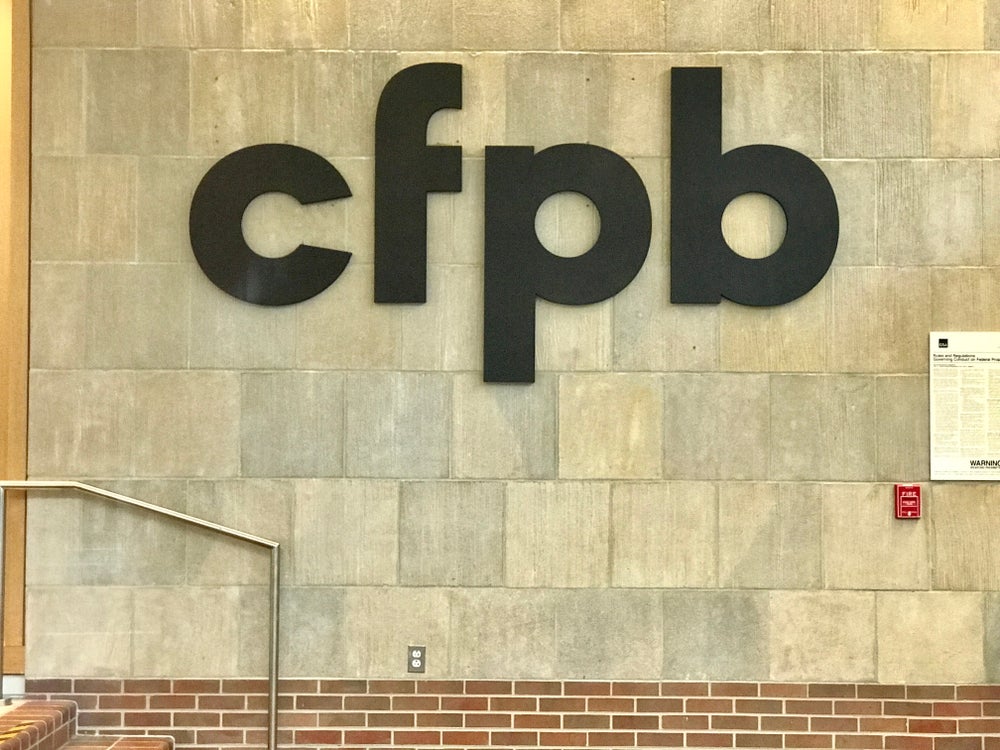
The Consumer Financial Protection Bureau (CFPB) is highlighting to law enforcement agencies and regulators how companies operating comparison-shopping tools can break the law when they steer consumers to certain products or lenders because of kickbacks. Consumers use comparison-shopping tools to evaluate the costs, features, and terms of many financial products. These include credit cards, loans, and bank accounts.
Digital dark patterns
However, consumers often encounter manipulated results or digital dark patterns. These are fuelled by behind-the-scenes incentive payments from lenders. The CFPB explains how these practices may violate federal law and highlights examples of illegal arrangements.

Access deeper industry intelligence
Experience unmatched clarity with a single platform that combines unique data, AI, and human expertise.
“Americans turn to online comparison tools to find the credit card with the lowest interest rates or best rewards,” said CFPB Director Rohit Chopra. “The CFPB is working to ensure that digital advertisements for financial products are not disguised as unbiased and objective advice.”
Digital comparison-shopping tools are widely used in many product categories, from retail goods to travel and financial products. By allowing consumers to compare a variety of competing products quickly and efficiently, these tools have the potential to benefit individual consumers and drive competition across the larger market.
Kickbacks and bounties
Comparison-shopping tools can help consumers evaluate and find financial products, especially credit cards and mortgages. Consumers often rely on the tools to navigate difficult financial decisions. However, some tool operators take advantage of that reliance and manipulate results. For example, some operators might accept financial kickbacks. These are sometimes referred to as “bounties” within the industry, to manipulate lists of results displayed to shoppers.
The CFPB previously issued guidance on how real estate and mortgage laws apply to mortgage comparison-shopping. The CFPB is now providing guidance on how consumer financial protection laws apply to comparison shopping for other financial products. Comparison-shopping tools can heavily influence a consumer’s selection of a financial product. Many digital comparison-shopping tools hold themselves out as providing unbiased and objective advice. The guidance discusses how regulators and law enforcement agencies can evaluate operators of comparison-shopping tools that accept payments from financial firms to manipulate results or suppress options that may better fit the consumer’s stated preferences.

US Tariffs are shifting - will you react or anticipate?
Don’t let policy changes catch you off guard. Stay proactive with real-time data and expert analysis.
By GlobalDataDark patterns are a common tool used to manipulate consumers. Operators of comparison-shopping tools may deceive consumers with user experiences and user interfaces that lead people to believe they are the beneficiaries of competition. However, if consumers are being tricked into paying higher prices or selecting inferior products, the comparison-shopping company and the company paying-to-play may be the only ones benefiting from the façade of competition.
CFPB enforcement action
The CFPB has warned that dark patterns can violate consumer financial protection laws. The agency has already taken enforcement actions against violators. The CFPB sued ACTIVE Network for illegally cramming consumers with junk membership fees. And it sued TransUnion for using dark patterns to make it difficult for consumers to cancel certain subscription services. The Federal Trade Commission has also taken action, including a lawsuit against Credit Karma for tricking consumers with deceptive “Pre-Approved” credit offers.
Increasing competition in credit cards and other markets
The CFPB has found evidence of practices that may imply anti-competitive behaviour in the consumer credit card market. It also notes high levels of concentration in the industry. A recent CFPB report showed that large banks are offering worse credit card terms and interest rates than small banks and credit unions, regardless of credit risk. The difference in interest rates can translate to $400 to $500 in additional annual interest for the average cardholder. The CFPB has also published research showing how the largest issuers have increased their interest rate margins over the past decade, resulting in about $25bn in additional interest charges in 2023 alone.
To help foster greater competition in this important market, the CFPB is developing a consumer-facing tool. Once finished, it will bring more price transparency to credit card comparison-shopping. According to the CFPB, consumers shopping for a credit card will have an unbiased way to compare credit card terms and interest rates.







